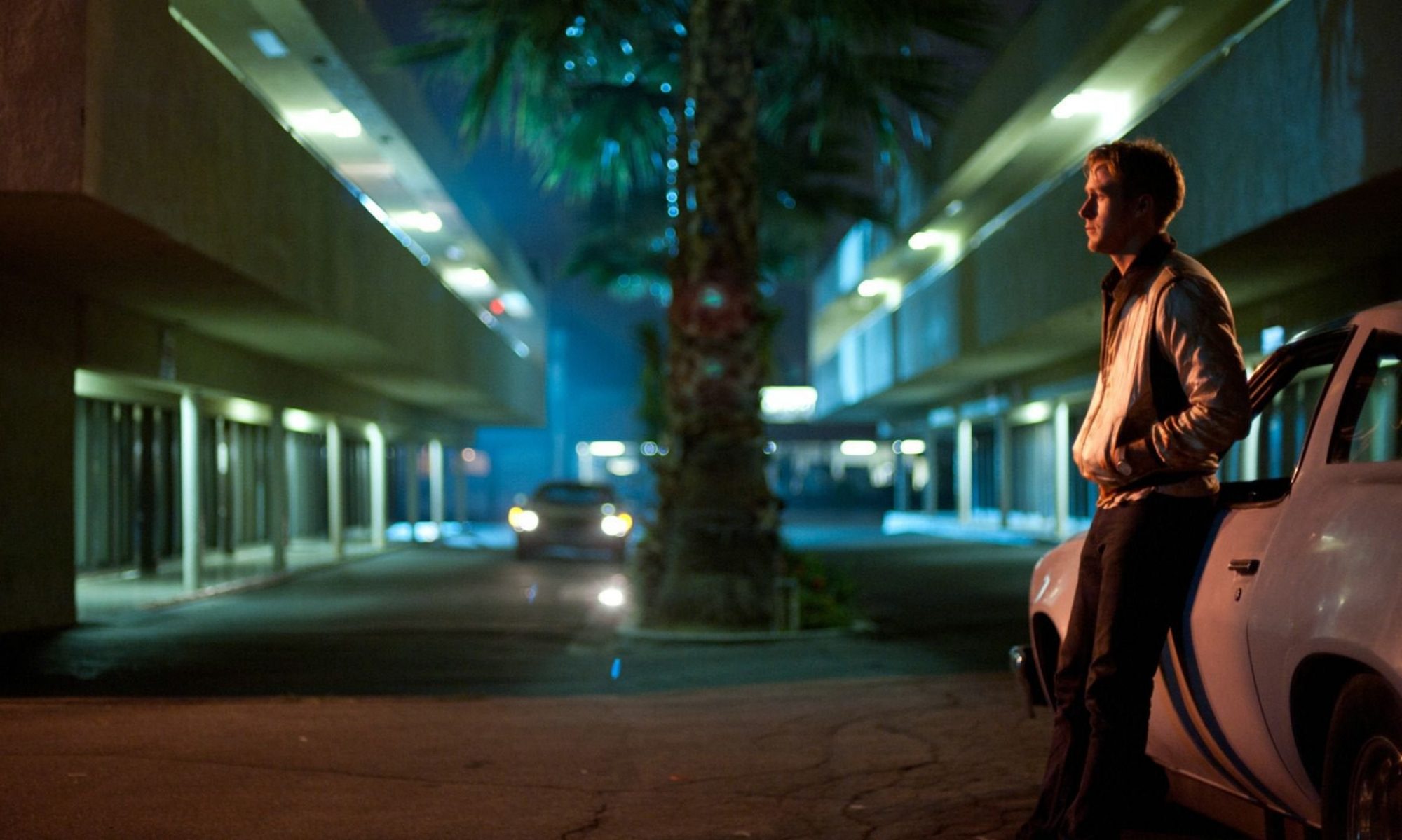28 days. 6 hours. 42 minutes. 12 seconds.
Any aficionados of Donnie Darko will know that this is the amount of time until the end of the world, as stated to Jake Gyllenhaal’s title character by demonic bunny Frank. Any particularly nerdy aficionados of Donnie Darko will know the above figures off by heart as they were compelled to memorise them after getting them slightly wrong during a geek quiz. I wouldn’t know the poor soul who endured such a mortally embarrassing experience.
Richard Kelly’s moody film can be neatly categorised as a horror, but it’s so much more. It’s a coming-of-age movie, it’s an existential treatise on the nature of time, and heck, it’s a comedy. If you didn’t laugh at a certain scene involving a card and an uptight teacher’s respective backside, then you are, to quote Buzz Lightyear, a sad, strange little man and you have my pity.
If you’re still reading this, then great. One of the main factors that contributes to Donnie Darko’s brilliance is its eclectic soundtrack. Besides catchy tunes like Echo and the Bunnymen’s ‘The Killing Moon’ and Tears For Fears’ ‘Head Over Heels’, which plays as Donnie and his friends depart from the bus in stylish slow motion, the original score by Michael Andrews (a composer with the additional attributes of arranger and multi-instrumentalist) conveys the film’s supernatural intricacies and oddities in all their glory. The opening of our hero lying alone on a road at the top a mountain beside his bicycle wouldn’t be the same without the compelling piano of ‘Carpathian Ridge’, the first song that Kelly composed for the film. In a 15th anniversary piece for Vice, Andrews describes his overall work as ‘structurally…like an opera or musical’.
My musical highlight, however, is, like the opening track, a lot more simplistic. Andrew’s ‘Artifact & Living’, a simple yet beautiful piano tcomposition, plays as a confused Donnie arrives home after an episode of sleepwalking, discovering the bizarre plane engine that has crashed into his house from seemingly nowhere. With no spoken dialogue, the tune acts a perfect expression of the mysterious and elemental, without any need for expository dialogue. Kelly could’ve had Gyllenhaal say something as perfunctory as ‘What is that?’, but even these three words would’ve ruined the beauty of the music. The plane engine and its origin are made all the more inscrutable by its primary onlooker saying nothing at all.
